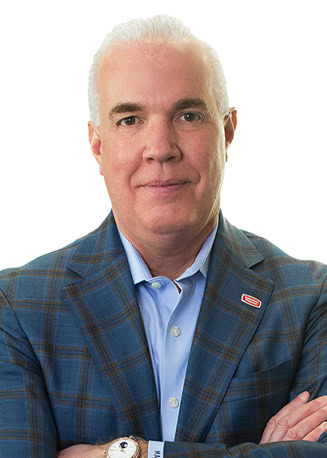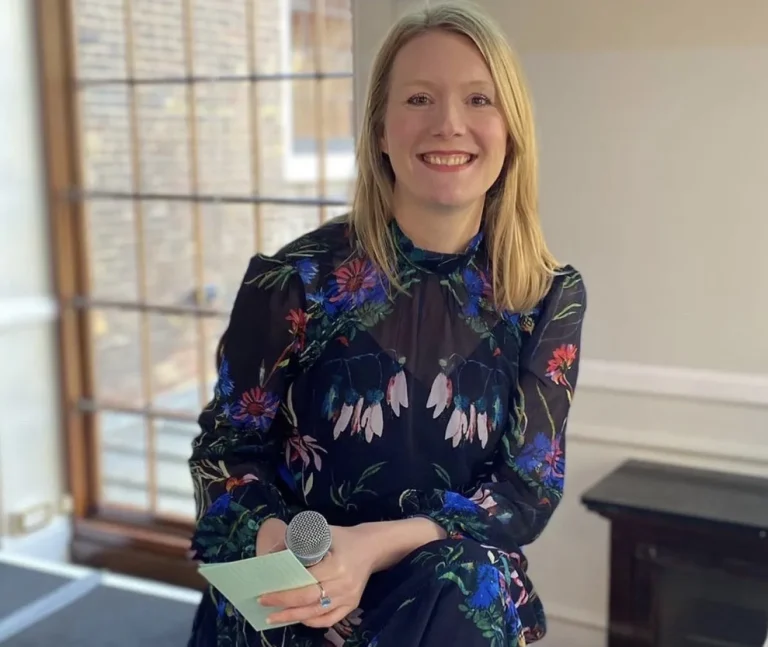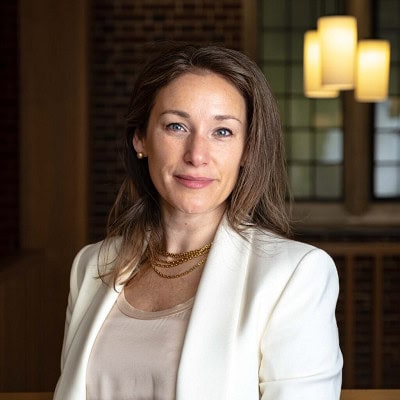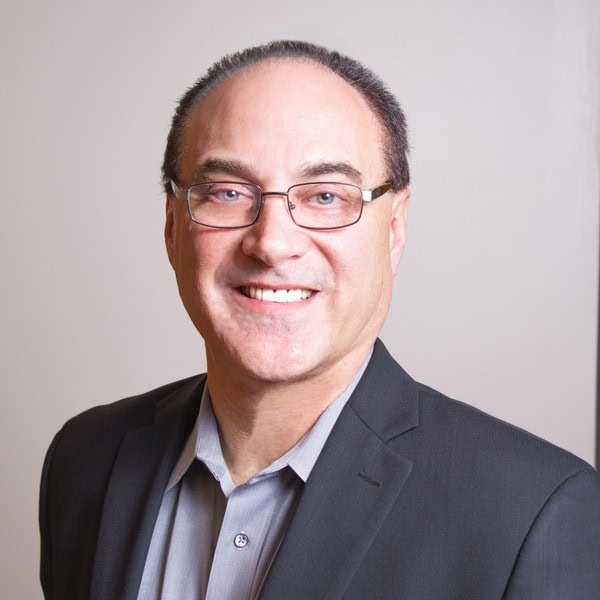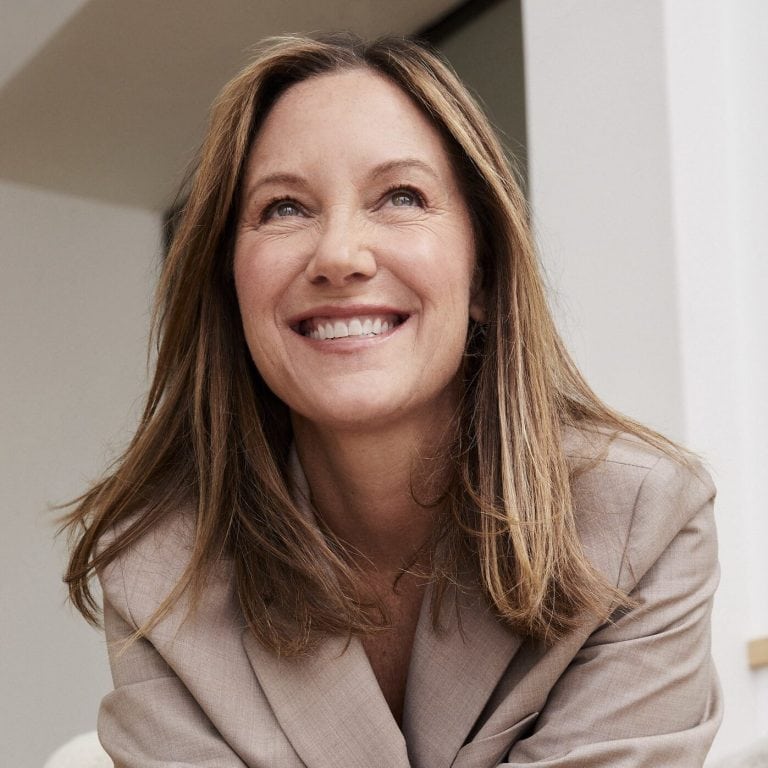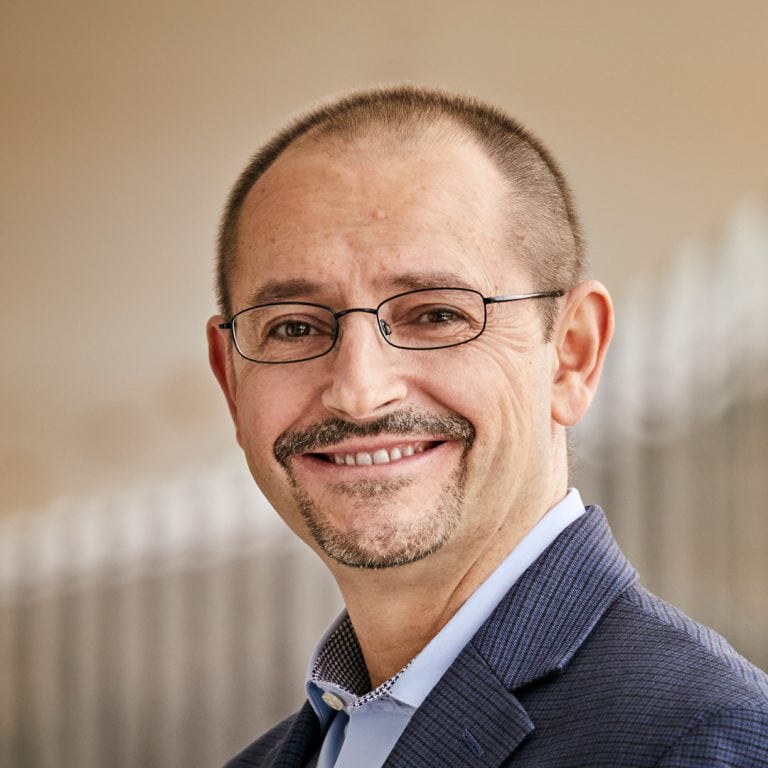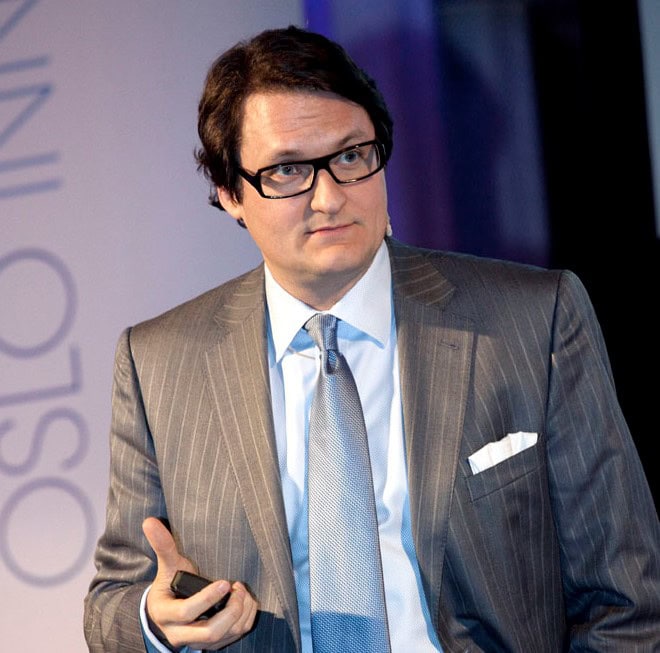
January 30, 2025
Rob Wolcott – Cofounder- Clareo & TWIN Global
Never Leave Serendipity To Chance, Rob Wolcott – Cofounder Clareo & TWIN Global
Last week’s Reboot Chronicles episode helped people and companies determine where to invest—especially since President Trump announced approximately $1 trillion in AI and infrastructure investments in the U.S. On this episode we look ahead to where CEO’s need to invest to better prepare for the challenging demands and technology opportunities they will face in the second half of this decade.
Rob Wolcott, founder of Clareo, the Kellogg Innovation Network, and Twin Global is a thought leader, strategist, and C-suite advisor who has spent decades helping companies see beyond their immediate horizons. Watch or listen in as Rob takes us on a journey through the growth and innovation issues organizations are facing in our upside-down tech-enabled industries, which are pushing leaders to embrace a vision with proximity, adaptability…and even serendipity.
The Failures From Lacking Vision
One reason why CEOs often fail, according to Rob, is their lack of vision. Although most leaders excel at a three-year operational plan, Rob points out that “an operational plan extrapolated out three years is not a strategy.” Rob emphasizes it is important to look five, seven, or even ten years ahead, especially in a world of rapid technological shifts. If one of those shifts catches you off guard, or you haven’t made proper preparations to adapt as needed, it will be rough to stay on your feet.
This not only pertains to adapting to new technologies but also to the vision you have of your company. “If you don’t have good foresight, and you don’t have a vision for what kind of company you want to be, people don’t know where to build to.” A perfect example of this that Rob notes is Axon, who, through constant focus on long-term vision, has constantly been able to adapt to what their clients need as soon as the technology becomes available. This has led them to achieve an 800% return for investors, which is pretty good proof that vision is key.
Working With Close Proximity
One market philosophy that Rob talks about in the digital era – even writing a book about it with the same name – is called Proximity. The idea behind this philosophy is to bring the “value creation ever closer to the moment of demand.” An example of this is the company Bustanica, which is “the largest vertical farm in the world” in Dubai. This company provides fresh lettuce to Emirates flights within 24 hours of that lettuce being harvested. Previously, these heads of lettuce were being shipped in from Spain, which was cheaper on a unit basis, but when you “start to add up all the costs and you add in a third of the product wasted every year globally.” it makes sense why Bustanica has seen such success.
A Vision Of The Future
Where we typically end these articles about reboots that our guests have gone through and the lessons they learned, we wanted to cap this one off with what Rob envisions the tech future to hold. We talked a lot about how the future is going to change, and that can make many people hesitant, especially in the field of AI, that has the potential to change everything. To Rob, he is optimistic about the future of AI. He believes as we progress, Virtual Reality is going to get better, AI is going to get better, and even buying things like furniture is going to get better with the innovations that companies are deploying. There will always be crashes, resets and reboots, like the .com bubble popping, but since then, the Internet has certainly gotten better, it is just a matter of time and a matter of vision for how long the next level of tech enablement will take.






